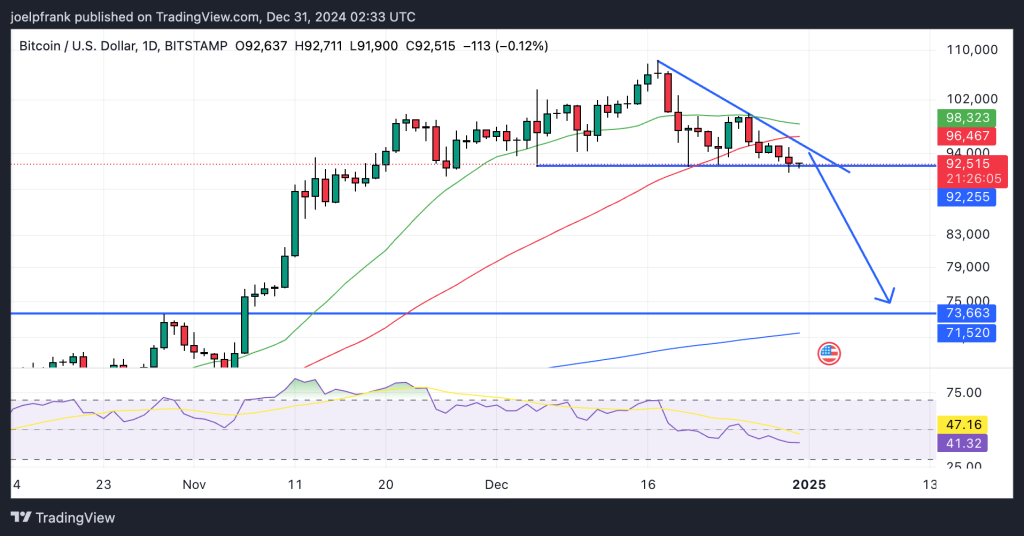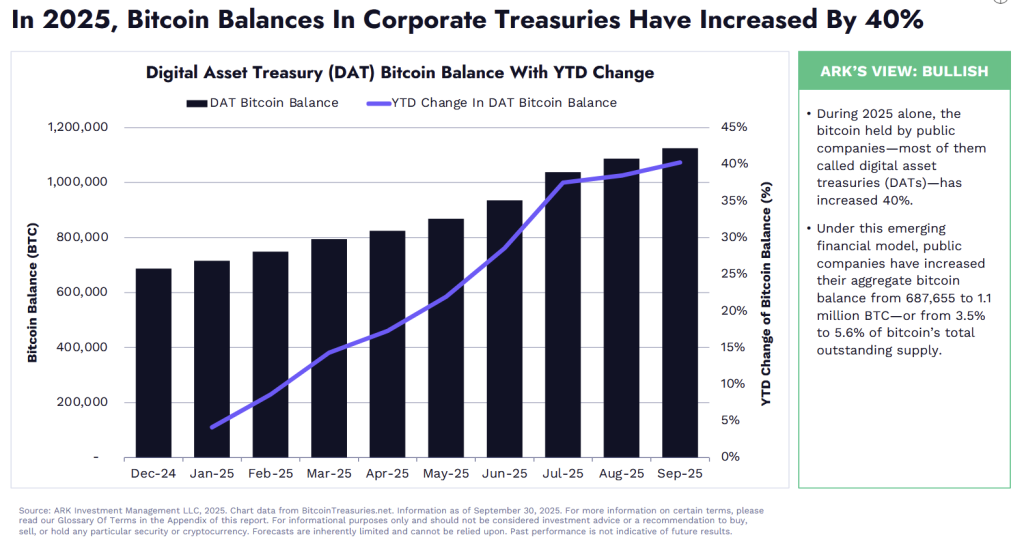
Anchorage Digital, the only federally chartered digital asset bank in the United States, is expanding its stablecoin capabilities through the acquisition of Mountain Protocol, a regulated stablecoin issuer.
The deal, announced on May 12, is subject to regulatory approval and standard closing conditions.
While financial terms of the acquisition were not disclosed, Anchorage confirmed it will integrate Mountain Protocol’s team, technology, and licensing framework into its broader infrastructure.
The move underscores a growing trend of mergers between crypto-native and traditional financial firms.
Stablecoins are Backbone of Crypto Economy
Anchorage CEO Nathan McCauley described stablecoins as “the backbone of the crypto economy” and predicted that “every business” will eventually rely on them for day-to-day operations.
Mountain Protocol CEO Martin Carrica said the partnership would allow both companies to meet rising global demand for stablecoin services, combining Anchorage’s institutional crypto platform with Mountain’s stablecoin expertise.
Mountain Protocol is regulated by the Bermuda Monetary Authority and is best known for issuing Mountain USD (USDM), a yield-bearing Ethereum-based stablecoin.
However, as part of the acquisition, Mountain will begin an orderly wind-down of USDM.
Minting of the stablecoin ceased on May 12, and the firm says rewards will continue for 30 more days before dropping to a 0% annual yield.
Users can continue redeeming USDM through Mountain Protocol’s platform, while other holders are encouraged to convert their tokens on secondary markets.
USDM had reached a peak market cap of $155 million in March 2024 but has since dropped below $50 million, according to RWA.xyz, which estimates there are around 10,820 USDM holders.
This acquisition follows Anchorage’s launch of a stablecoin rewards program in 2023, which offered yield for institutions holding PayPal USD (PYUSD).
With Mountain Protocol now under its wing, Anchorage aims to further solidify its position in the rapidly evolving stablecoin space.
Tinian Island Set to Revisit Stablecoin Launch
Tinian, a small island in the U.S. territory of the Northern Mariana Islands, is one step closer to launching its own stablecoin after the territory’s Senate voted to override a previous veto from Governor Arnold Palacios.
On May 9, the Senate voted 7-1 in favor of moving forward with legislation that would allow the Tinian government to issue licenses to internet casinos and create a dollar-backed “Tinian Stable Token.”
The bill will now head to the 20-member House of Representatives, where it will require a two-thirds majority to override the governor’s veto and be enacted into law.
Meanwhilel, there has been an ongoing debate on stablecoin regulation.
Legislative efforts such as the GENIUS Act and the STABLE Act have stalled in Congress due to political tensions tied to former President Donald Trump’s expanding crypto initiatives.
The clash has emerged despite growing bipartisan interest in advancing crypto regulation.
The stablecoin bill, spearheaded by Sen. Bill Hagerty (R-Tenn.), was passed out of the Senate Banking Committee in March with backing from five Democrats.
However, momentum appears to have stalled amid deepening political divisions.
Democratic concerns reportedly intensified during a private caucus meeting last week, where Senate Majority Leader Chuck Schumer urged colleagues not to commit to the bill in its current form.






